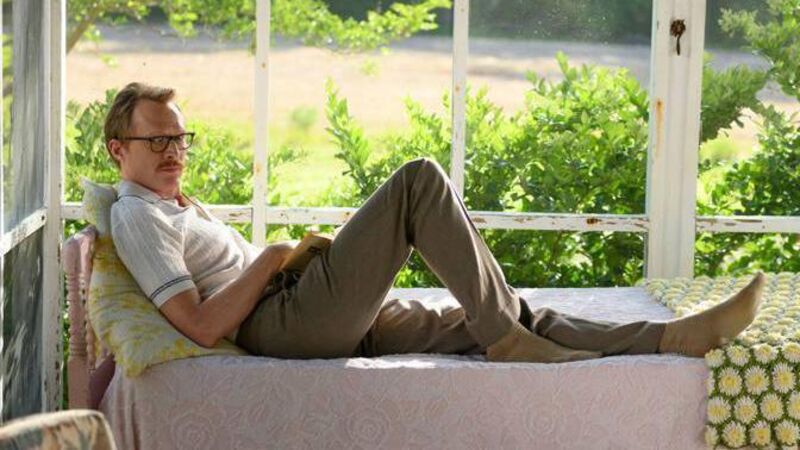Movie Reviews: Excellent performances in Uncle Frank

Paul Bettany as Uncle Frank. Picture: Brownie Harris/Amazon Studios
Affable, erudite and thoughtful, Frank (Paul Bettany) is the perfect (12A) for 14-year-old Betty (Sophia Lillis), who yearns to escape the stultifying South Carolina backwater of Creekville. Five years later, now a freshman in New York, Betty – now Beth – discovers that Frank is gay, and has lived for many years with his partner Wally (Peter Macidssi). But what is acceptable in 1970s New York doesn’t fly in South Carolina, where the 1960s have yet to arrive; and when Frank’s homophobic father Daddy Mac (Stephen Root) dies, Frank’s return home for the funeral is fraught with fear and loathing. Written and directed by Alan Ball, Uncle Frank is a Southern gothic tale of sexual oppression that flirts with cliché but is ultimately redeemed by excellent performances. The cliché is that the American South was a hotbed of prejudice, in which any difference – that of race, or sexuality – is despised and ostracised; what gives the story its emotional heft is the way in which Frank appears to have internalised the disgust and hate, and his subsequent, flailing attempts to disentangle himself from the hard lessons learned during his formative years. It’s a pity that some terrific actors – Margo Martindale, Judy Greer and Steve Zahn, especially – hover around the margins of the story with very little to do, and there are occasions when Alan Ball confuses dialogue with exposition and conversations for homilies. That said, Sophia Lillis is striking in the coming-of-age role of Beth, while Peter Macidssi is utterly charming in his poignant turn as Wally, who supports Frank in his time of need but refuses to countenance or enable his self-loathing. (Amazon Prime)




